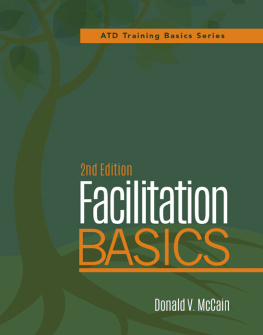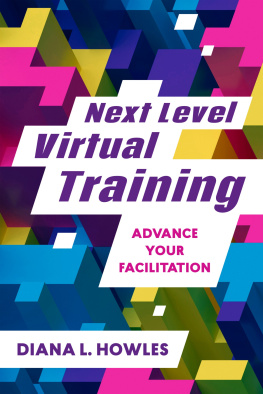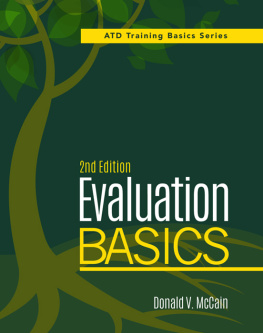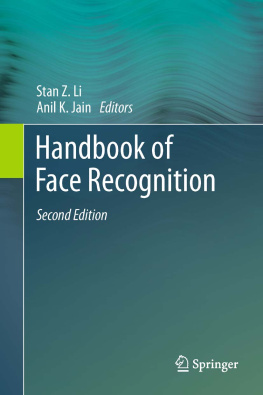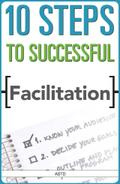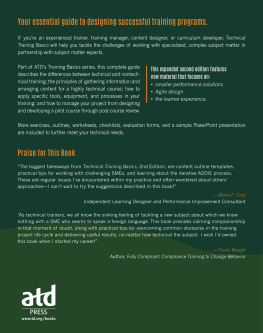2015 ASTD DBA the Association for Talent Development (ATD)
All rights reserved. Printed in the United States of America.
18 17 16 15 1 2 3 4 5
No part of this publication may be reproduced, distributed, or transmitted in any form or by any means, including photocopying, recording, or other electronic or mechanical methods, without the prior written permission of the publisher, except in the case of brief quotations embodied in critical reviews and certain other noncommercial uses permitted by copyright law. For permission requests, please go to www.copyright.com, or contact Copyright Clearance Center (CCC), 222 Rosewood Drive, Danvers, MA 01923 (telephone: 978.750.8400; fax: 978.646.8600).
ATD Press is an internationally renowned source of insightful and practical information on talent development, training, and professional development.
ATD Press
1640 King Street
Alexandria, VA 22314 USA
Ordering information: Books published by ATD Press can be purchased by visiting ATDs website at
www.td.org/books or by calling 800.628.2783 or 703.683.8100.
Library of Congress Control Number: 2015947321
ISBN-10: 1-56286-926-4
ISBN-13: 978-1-56286-926-7
e-ISBN: 978-1-60728-490-1
ATD Press Editorial Staff
Director: Kristine Luecker
Manager: Christian Green
Community of Practice Manager, Learning & Development: Amanda Smith
Developmental Editor: Kathryn Stafford
Associate Editor: Melissa Jones
Cover Design: Fatimah Weller
Text Design: Iris Sanchez
Printed by Data Reproductions Corporation, Auburn Hills, MI, www.datarepro.com
About the Training Basics Series

ATDs Training Basics series recognizes and, in some ways, celebrates the fast-paced, ever-changing reality of organizations today. Jobs, roles, and expectations change quickly. One day you might be a network administrator or a process line manager, and the next day you might be asked to train 50 employees in basic computer skills or to instruct line workers in quality processes.
Where do you turn for help? The ATD Training Basics series is designed to be your one-stop solution. The series takes a minimalist approach to your learning curve dilemma and presents only the information you need to be successful. Each book in the series guides you through key aspects of training: giving presentations, making the transition to the role of trainer, designing and delivering training, and evaluating training. The books in the series also include some advanced skills, such as performance and basic business proficiencies.
The ATD Training Basics series is the perfect tool for training and performance professionals looking for easy-to-understand materials that will prepare nontrainers to take on a training role. In addition, this series is the consummate reference tool for any trainers bookshelf and a quick way to hone your existing skills.
Preface

So, you are now the teacher, instructor, or trainer: the person who will be leading a class of adult learners. In other words, youre now a facilitator of learning experiences. Where do you go from here? You may not know it, but youve already embarked on the journey to becoming a great facilitator! The mere fact that youre reading this book means that you have already discovered that facilitating learning is not the same thing as presenting information (but more on that as we go along).
Thats key to your success.
What Is a Facilitator?
The expression, Those who can, do; and those who cant, teach, could not be further off the mark. The fact is that those who teach, or facilitate learning, and do it well, know their subjects (both content and application of that content to the job) better than anyone else.
Subject matter expertise is the foundation for facilitating an effective learning experience. Furthermore, facilitation proficiencythe focus of this bookis a skill set that supports your ability to facilitate others learning and application of the subject matter.
The word facilitate comes from the Latin word facilis, which means to make easy. As facilitators, that is our job: to guide the learning process and make the journey as smooth and as rewarding as possible for our learnersto make the learning easy.
Who Should Read This Book?
This book is for people who want to enhance their skills in facilitating others learning experiences in an organizational environment. This may include face-to-face, online, or virtual classroom learning. Such a group might include:
subject matter experts who occasionally function in a training role or are moving into a training role in their jobs
trainers who are ready to move beyond presenting information or using learning activities for their entertainment value only
faculty members in educational institutions who want to add skills and application to their classroom experiences
HR professionals or managers who contract with facilitators and want to evaluate their performance
trainers who want to enhance their facilitation skills
trainers who want to enhance their online or virtual classroom facilitation skills
trainers whose organizations are holding the training function accountable for learners performance back on the job.
The purpose of this book is to facilitate your learning and assist in enhancing your facilitation skills. When you continue your learning journey by enhancing your own skills, you will increase the learning that takes place in your courses, the probability of skill transfer back to your learners jobs, and the impact of training on your organization.
Chapter-by-Chapter Highlights
Your success as a facilitator of learning depends on your ability to immerse yourself in the learning experience by sharing it with the learners and guiding them at the same time. Your success also depends on creating an environment that is safe for the learners on multiple levels (interpersonal, physical, psychological, and emotional).
Each chapter focuses on a critical aspect of creating and maintaining an optimal learning environment. These ideas are also applied to an online or virtual learning environment. Heres a summary of the 10 chapters in Facilitation Basics:
1. Introduction: Its Not About YouIts About Them! gives an overview of the book. It establishes the premise that effective facilitation is about the learners, not about the facilitator. This chapter also discusses some types of online training and some myths and realities regarding those methods. Finally, some considerations are discussed that will help you appraise the course design in preparation for facilitation.
2. Learning Facilitation presents the principles that underlie effective learning facilitation and explains why effective learning is about the learners. The chapter covers the differences between presenting and facilitating, how adults learn, and the implications for facilitation of learning.
3. Learner and Facilitator focuses on learner preferences and learning styles, what it takes to be a facilitator, roles that learning facilitators take on, and criteria for selecting effective facilitators.

